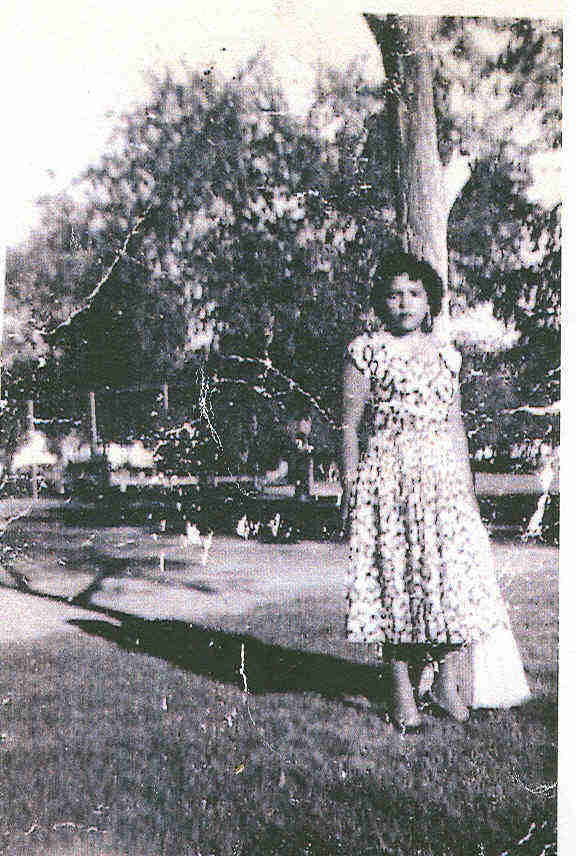
Born to Mexican immigrants Petra Ortega and Fidencio Acebedo in 1922, Lula Martinez grew up in Butte but left as a teenager for agricultural work in the Pacific Northwest. She returned over forty years later to work on behalf of the city’s impoverished and unemployed. Her memories of her childhood in Butte reveal the complex racial dynamic that existed in the mining city in the early twentieth century, and her experiences as an ethnic minority instilled a lifelong commitment to community activism and female empowerment.
Martinez’s father worked construction on the railroad, and his job took the family from Texas to Montana. The Acebedos settled in Butte, and Fidencio worked in the mines. The Acebedos were part of Butte’s small but significant Hispanic population, drawn to the booming copper mines in the first decades of the twentieth century. By World War II, “several hundred Mexicans and Filipinos” lived in Butte. The majority of the Mexican immigrants worked at the Leonard Mine and lived on the city’s east side. Unlike Filipinos, who encountered violence in the mines and tended not to stay, Mexican workers seem to have been generally accepted by the other miners, and Mexican families did not live in segregated neighborhoods. Martinez recalled that growing up “we were surrounded by different nationalities. We had Vankoviches and Joseviches and Biviches, and we had Serbians, and we had Chinese. We had italianos, españolas, and Mexican people. We had the whole United Nations around on the East Side.”
In spite of this ethnic diversity, Martinez did encounter discrimination. As she got older, and especially after she began to attend school, it became clear that she was trapped in a racial hierarchy that discriminated against Mexicans and Mexican Americans. She remembered, “As children we didn’t know there was a difference so we got along fine. It was when you’re . . . going to school when the teachers started to say, ‘well you gotta sit over there. All the Mexicans sit on that side.’ . . . [A]nd then we found out that there was a difference.” Martinez’s encounters with racism in her childhood instilled a determination to work for social justice, but they also gave her a “hatred” of Butte that she carried with her into adulthood.
Continue reading “She Spoke the Truth”: The Childhood and Later Activism of Lula Martinez